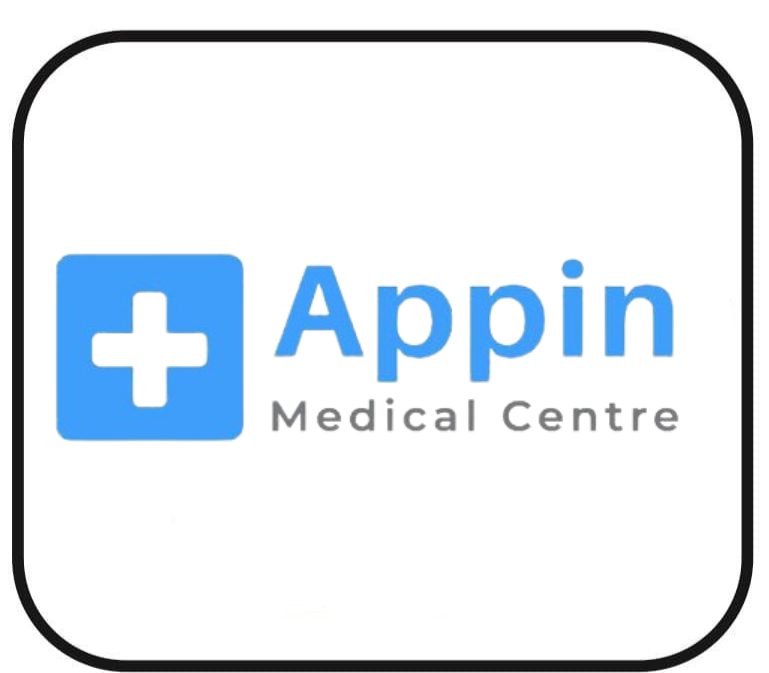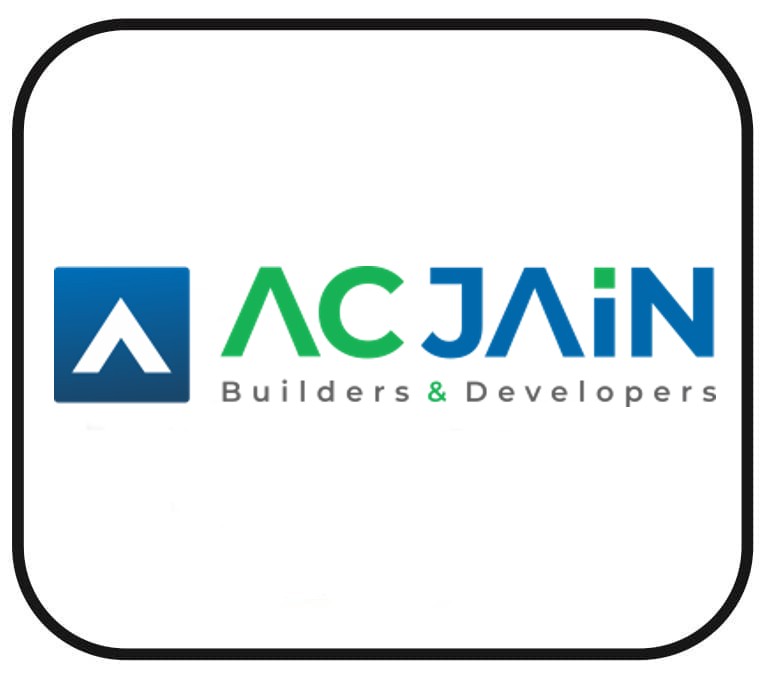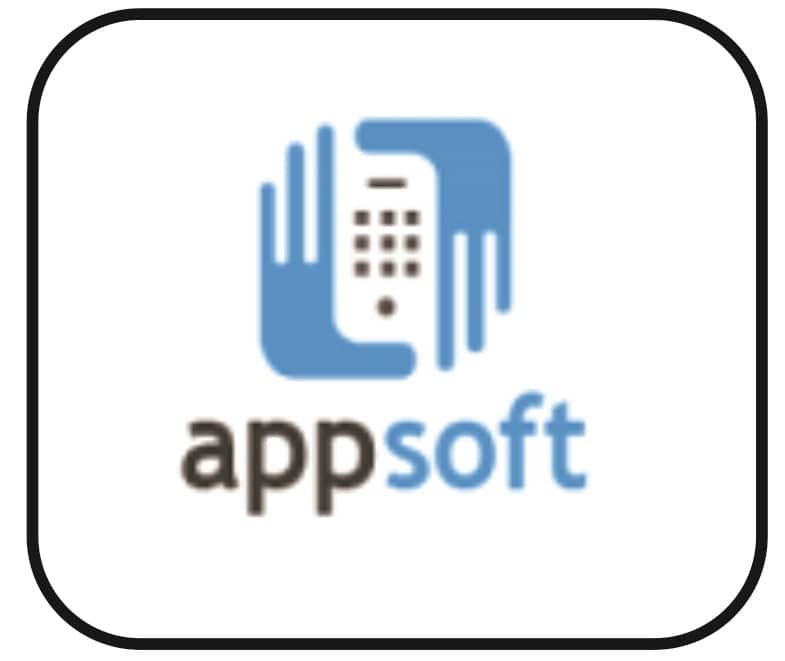Best Software Testing Course
Best course to equips you with hands-on experience,industry tools,and certifications to kickstart your career in quality assurance

Students Reviews
Shreyas Zarole
"The website is user-friendly, fast, and responsive across all devices. Navigation is intuitive, and the design is clean. Features function smoothly without issues. Overall, it provides a seamless browsing experience, making it an excellent platform for users."
Divya Patil
"This website offers a seamless user experience with a clean design and intuitive navigation. Pages load quickly, and content is well-organized. Responsive on all devices, it ensures accessibility. Features work smoothly without glitches. Overall, a well-optimized platform that enhances usability and engagement. Highly recommended for a great browsing experience!"
Gayatri Mahajan
"The website is user-friendly, fast, and responsive across all devices. Navigation is intuitive, and the design is clean. Features function smoothly without issues. Overall, it provides a seamless browsing experience, making it an excellent platform for users."
Ashwini Shinde
"The website is user-friendly, fast, and responsive across all devices. Navigation is intuitive, and the design is clean. Features function smoothly without issues. Overall, it provides a seamless browsing experience, making it an excellent platform for users."
Vaishnavi Patil
"This website delivers a smooth and efficient user experience. The design is modern, navigation is simple, and loading speed is impressive. It works flawlessly on all devices, ensuring accessibility. Overall, a well-structured platform that enhances engagement and usability."
Madhuri Dhangar
"This website delivers a smooth and efficient user experience. The design is modern, navigation is simple, and loading speed is impressive. It works flawlessly on all devices, ensuring accessibility. Overall, a well-structured platform that enhances engagement and usability."
Why Learn Software Testing?
Learning software testing specifically for a job is a great way to secure a stable and rewarding career. Here’s why it can be especially beneficial for your job prospects:
1. High Demand for Software Testers
As more companies focus on delivering high-quality software products, the demand for skilled software testers continues to grow. Every software application needs thorough testing, so organizations are consistently hiring testers to ensure their products work well and meet quality standards. By learning software testing, you are entering a field with strong job demand.
2. Lucrative Career Opportunities
Software testing is an integral part of the software development lifecycle, and companies are willing to offer competitive salaries for testers. Whether you're working in manual testing or more advanced areas like automation or performance testing, you can find positions at various levels with attractive compensation packages.
3. Variety of Roles and Specializations
Once you master the basics of software testing, you can choose from different specialized career paths, such as:
- Manual Tester :- Focusing on testing software by performing real-world interactions.
- Automation Tester :- Using tools and scripts to automate repetitive testing tasks.
- Performance Tester :- Testing the speed, scalability, and stability of applications under different conditions.
- Security Tester :- Ensuring the software is free of vulnerabilities.
- Quality Assurance Engineer :- Overseeing the entire testing process and ensuring the product meets all requirements.
This variety means you can find a role that suits your interests and skills.
4. Entry-Level and Career Growth
Software testing offers great entry-level opportunities, especially for those looking to start a career in technology. As companies continuously release new software, they need new testers. This makes it an ideal starting point for someone with little technical background but a keen interest in the tech world. Over time, you can grow into more advanced positions like Test Lead, QA Manager, or even transition into Software Development roles.
5. Transferable Skills
The skills you acquire in software testing can be transferable to other roles within the tech industry. For example, testing often involves understanding the logic of code, working with tools, and learning different software development methodologies. These skills are highly valued in other IT positions such as DevOps, Project Management, or even Business Analysis.
6. Job Stability
Software testing is crucial in virtually every industry that relies on technology, from finance to healthcare, gaming to e-commerce. The need for software testers is unlikely to diminish anytime soon. As software continues to evolve and become more complex, the role of testers will remain integral to ensuring its functionality and reliability.
7. Exposure to Cutting-Edge Technologies
As a software tester, you’ll work with the latest tools and technologies. You’ll likely gain exposure to automation frameworks, continuous integration/continuous deployment (CI/CD) pipelines, testing in cloud environments, and other modern technologies that are in high demand in the tech industry.
8. Job Flexibility (Remote Work)
Many software testing roles, particularly those focused on manual and automation testing, can be done remotely. This allows you to access job opportunities from companies worldwide without the need to relocate. Remote work is highly attractive for many professionals seeking flexibility and work-life balance.
9. Critical Role in Software Development
Testing is a key part of delivering reliable and secure software, which means you have a direct impact on the success of projects. Companies are often willing to invest in testers who can provide high-quality assurance, making your role highly valued. By learning software testing, you contribute to the software’s reliability, and your role becomes vital to the company’s success.
10. Increased Employability in the Tech Industry
As technology continues to advance, the need for quality software is becoming even more critical. Developers can write code, but it's the testers who ensure that the software functions correctly. By learning testing, you are adding an essential skill to your resume that will make you a more attractive candidate in a tech-driven job market.
11. Better Job Security with Automation Skills
The growing trend toward automation in software testing means testers with skills in automation tools like Selenium, JUnit, or Appium are in high demand. These skills not only improve your chances of landing a job but also make you more adaptable to industry changes, providing greater job security as you evolve with the technologies.
Conclusion
Learning software testing is a strategic move for securing a job in the tech industry. It opens up diverse career paths, offers job stability, and provides valuable, transferable skills. Whether you’re just starting your career or looking to make a shift within the tech industry, mastering software testing is a valuable step toward a rewarding and dynamic profession.
Course Includes
- Price : ₹9999/-
- Duration : 6 Months
- Internship : Yes
- Certification : Yes
Contact Us

Frequently Asked Questions and Answers Find Solutions
A Software Testing course teaches the fundamental concepts, techniques, and tools used to test software applications. It covers both manual and automated testing practices, quality assurance methods, different testing levels, and the use of testing tools. The course aims to prepare you for a career as a software tester or quality assurance engineer.
- Beginners in IT: If you are new to technology and want to start a career in software development, testing is a great entry point.
- Software Developers: Developers who want to enhance their knowledge of testing and improve software quality.
- Manual Testers: Those who want to improve their skills or switch to automated testing.
- IT Professionals: Anyone looking to upgrade their skill set for roles like QA engineer, software tester, or automation tester.
In a Software Testing course, you can expect to learn:
- Fundamentals of Software Testing: Basic concepts such as types of testing (functional, non-functional, manual, automated, etc.)
- Testing Levels: Unit testing, integration testing, system testing, acceptance testing.
- Test Design Techniques: Test case creation, boundary value analysis, equivalence partitioning.
- Testing Tools: Hands-on training with popular testing tools like Selenium, JUnit, QTP, and LoadRunner.
- Bug Tracking and Reporting: How to document defects and use tracking systems like JIRA.
- Automation Testing: How to automate repetitive test cases using frameworks.
- Performance and Security Testing: Basics of testing for load, performance, and security vulnerabilities.
No, most Software Testing courses are designed to be beginner-friendly. You don’t need prior programming experience to start. However, knowledge of basic programming concepts may be helpful if you’re pursuing automation testing, but it’s not a requirement for the course itself.
Yes, manual testing is still highly relevant. While automation testing has grown in importance, manual testing is essential for exploratory testing, user experience evaluation, and validating scenarios that can't be easily automated. A balanced knowledge of both manual and automated testing is ideal for a tester.
After completing a software testing course, you can apply for jobs like:
- Manual Tester
- Automation Tester
- QA Engineer
- Test Engineer
- Test Lead or Test Manager (after gaining experience)
- Performance Tester
- Security Tester
- DevOps Engineer (with further skills)
These roles exist across various industries, including software companies, e-commerce, finance, healthcare, and more.
Yes, automation testing usually involves programming knowledge. If you want to automate test scripts using tools like Selenium or Appium, knowing a programming language (such as Java, Python, or JavaScript) is essential. However, many software testing courses teach the necessary programming skills as part of the curriculum.
You’ll learn popular software testing tools such as:
- Selenium (for automation testing)
- JIRA (for bug tracking)
- QTP/UFT (for functional automation)
- LoadRunner (for performance testing)
- Jenkins (for continuous integration)
- TestNG/JUnit (for unit testing)
- Postman (for API testing)
Yes, It include hands-on projects or exercises to help you practice what you’ve learned. You will also get the opportunity to work with real-world applications and learn how to create test cases, write scripts, and use testing tools in a simulated environment.
There are typically no strict prerequisites for a beginner course, but a basic understanding of computers and software development processes is helpful. For advanced courses in automation testing, some knowledge of programming languages like Java or Python may be required.
The job market for software testers is strong and growing, especially with the increasing reliance on technology across industries. Companies are always looking for skilled testers to ensure their software is functional, reliable, and user-friendly.
Yes, many people successfully transition into software testing from non-technical fields. Software testing focuses more on problem-solving, attention to detail, and understanding software behavior, which doesn’t require advanced coding knowledge at the entry level.







